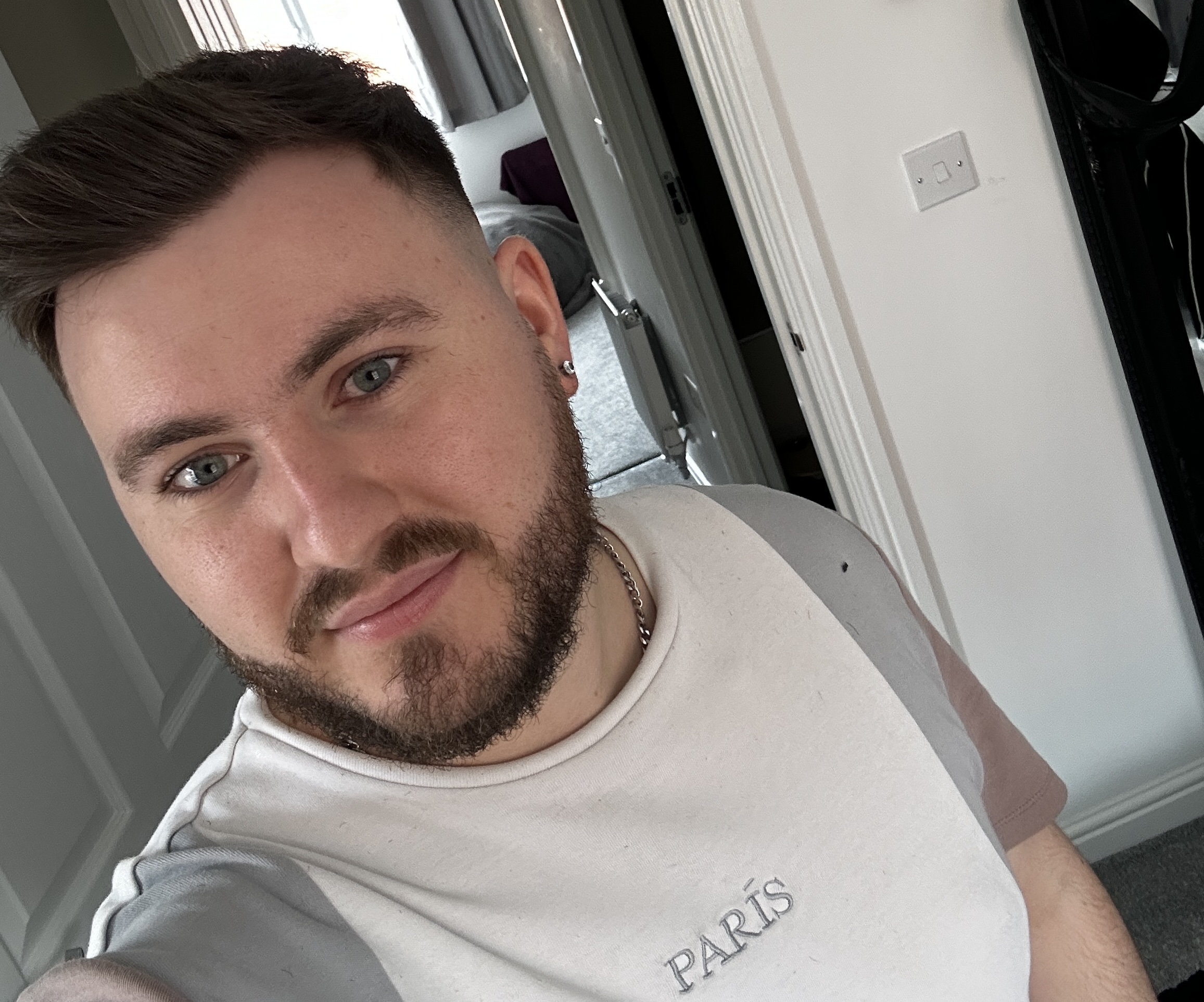How best to support colleagues on the autism spectrum
More than 1 in 100 people are on the autism spectrum according to the National Autistic Society, and there are around 700,000 autistic adults and children in the UK, and there’s a significant level of late diagnosis of neurodivergence.
This has prompted conversations at Enterprise Flex-E-Rent on how best to support employees, and to educate teams on the many misconceptions that surround autism and provide useful guidance for employees who may be directly or indirectly affected by autism.
We spoke to Lewis Harris, who is a Lead Customer Service Assistance Representative, to talk through his autism journey.

“I am not good at speaking to new people for the first time and I find it difficult to gauge emotions”
Can you tell me about your autism diagnosis?
A counsellor suggested that I might be autistic when I was around 17 and I looked for a diagnosis, first through my GP and then by contacting the regional autism team directly. It was a two-year waiting list and just as I was coming to the top of the queue, Covid delayed things further. I finally got my appointment in October 2020. I spent a few hours doing tests and my parents answered questions about me and my childhood. It was quite a long process and I received my diagnosis in December 2021. It helped to explain a lot.
What were some of the characteristics that suggested autism?
What stood out was my social interactions. I am not good at speaking to new people for the first time and I find it difficult to gauge emotions. I take things at face value and I wouldn’t read between the lines. When I started working at Enterprise in 2018, I sat at the front desk to serve customers and I felt anxious. When I got my diagnosis more than three years later, I understood why I disliked it so much. I am very introverted. I prefer not to be the centre of attention and I avoid small talk.
How do you feel about your diagnosis and what did it change for you?
Before my diagnosis I couldn’t explain why certain things were difficult and something that could be a simple task for everyone else was hard for me. The diagnosis helped explain my way of thinking and why I do things differently to other people in terms of how I follow a process.
“I couldn’t explain why certain things were difficult and something that could be a simple task for everyone else was hard for me”
How did you come to the decision to declare your diagnosis at work?
I didn’t disclose anything for at least a year after my diagnosis. It was after a review that I decided to tell my manager so he understood why I do things the way I do: why I find certain things difficult and why I have routines that I stick to.
How did you approach your manager about what you need to help you at work?
I emailed my managers a diagnosis summary from the psychologist and explained the difficulties I had been having, so they understood and could support me. That document explained my diagnosis better than I could.
What does your diagnosis mean for other team members?
Knowing how I work means the team can communicate with me better. They don’t need to treat me any differently. They just need to be aware that processing time may be a bit slower and I may need tasks breaking down into smaller more manageable chunks. I can’t read inference so instructions need to be clear and precise. I don’t always understand banter as others do, and I may come across as blunt but I don’t mean any offence by it. Autistic people are generally quite straight talking.
What advice would you give to managers who have autistic colleagues?
Little changes and understanding can make all the difference. A lot of people with autism have sensory issues so noisy environments or a brightly lit office could be stressful. So small adjustments such as where they are seated, lighting, temperature, and noise levels, can all help. Allowing more time to adjust to changes in routine and giving longer timeframes to complete tasks also help. Clear instructions on things that neurotypical people take for granted but that for an autistic person can lead to overload and extra stress, is essential.
How can you be a good ally to support employees with neurodivergence?
Just be a listening ear that someone can talk to and help deal with their challenges.
“Just be a listening ear that someone can talk to and help deal with their challenges”
If you are interested in a career with Enterprise, please visit our recruitment website at careers.enterprise.co.uk and at careers.enterprise.ie
